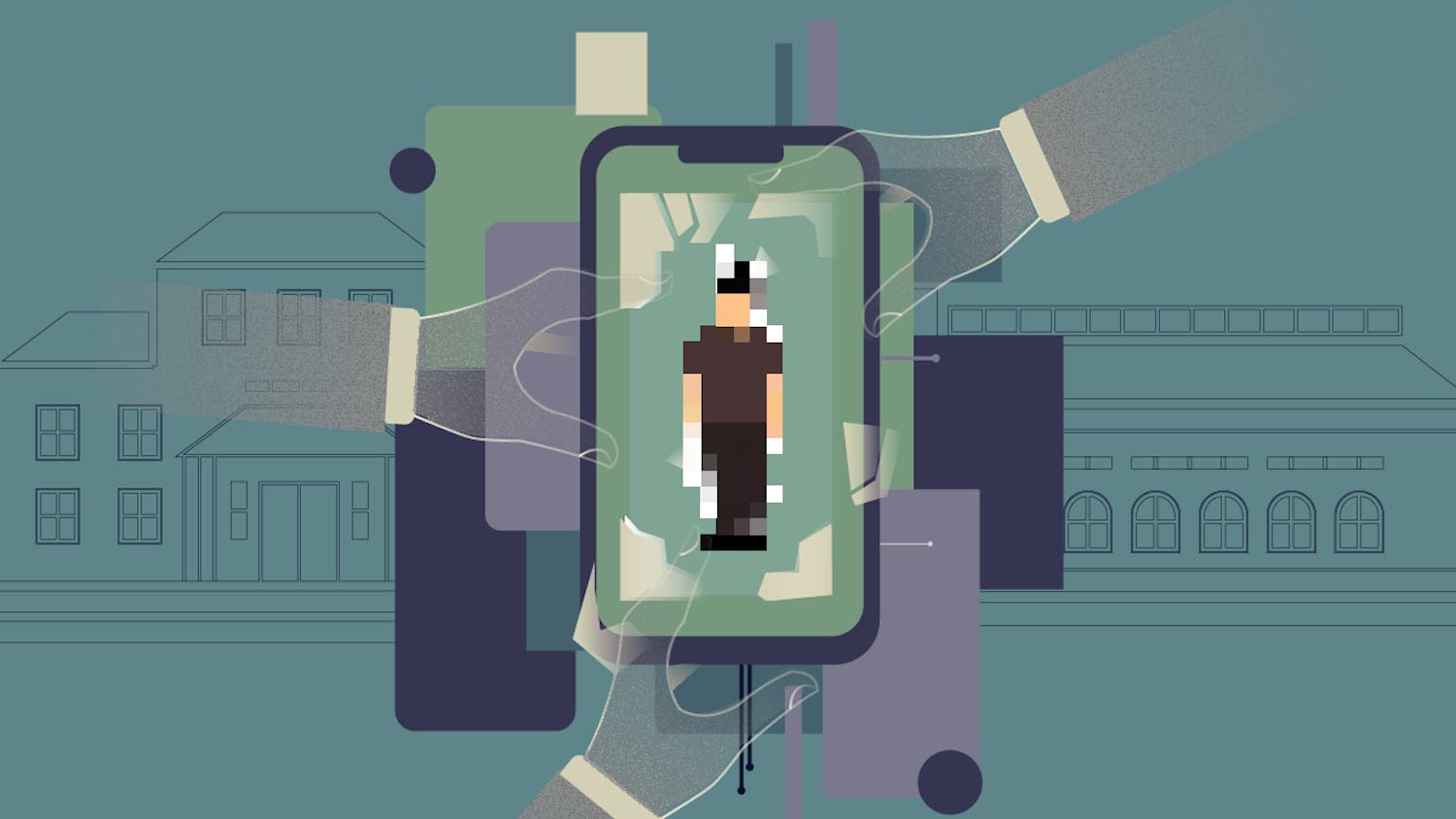How does one become Tony Stark?
This is the topic of many online discussions and blogs and the question many future engineers ponder when deciding which degree to pursue. They have their eyes set on becoming rich inventors who create the newest technology in their basements. The problem is that Tony Stark is a fictional character. So, what’s the next best thing? Elon Musk.
Musk is the founder of Tesla Motors and SpaceX, two companies many engineering students seem to aspire to work for in the future. They see Musk as a paragon for what is possible with an engineering degree and set their mark to reach what he has done. I mean, who wouldn’t want to invent new products that change the world and make millions of dollars in the process? If engineering students are reaching for such high goals, they should know a little more about Musk and what it means to work for him.
According to a 2016 PayScale survey, jobs at Tesla or SpaceX rank as the most stressful and lowest paying jobs, but also the most meaningful, among tech firms. In fact, Ashlee Vance’s biography of Musk spends a great deal of time explaining the tradeoffs of working for Tesla or SpaceX. In the biography, Vance explains although Musk’s companies build innovative products that are changing the world, working for these companies often comes with personal sacrifices. Stress from jobs at Tesla and SpaceX not only come from lack of sleep and the metal demand of the job, but also from working for Musk himself. Musk is known to fire even his closest and most dedicated employees on a whim and spit coffee across the room if it’s too cold for his taste. He even ripped into one of his head engineers for missing a meeting to witness the birth of his child.
Another misconception is that scientists or engineers can still build transformative projects by locking themselves in a basement. As argued in Michael Hiltzik’s book “Big Science,” the era in which science was done individually from start to finish ended after the military-industrial complex of the Eisenhower era. Now, large teams work together to build innovative products, including the rockets and cars built at SpaceX and Tesla, respectively.
In fact, engineers who work at Tesla might have a job centered on designing something as minute as the handle of a car door. Sure, Tesla’s door handles are cool, but do they amount to the same significance as many expect a “dream” job at Tesla to be? Not really.
A considerable amount of engineering students place jobs at companies like Tesla and SpaceX as the highest calling for someone with an engineering degree. And that’s fine, just as long as they know that, like everything else, working at companies like Tesla or SpaceX have both big perks and big drawbacks.
Unless there is an engineering student out there who is also from South Africa, made his or her own computer game as a child and has a business and physics degree from the University of Pennsylvania, he or she isn’t even halfway there to becoming the next Elon Musk. But engineers shouldn’t seek to emulate him. Striving for a goal already achieved by someone else is neither innovative nor original. More importantly, it’s not engineering.
Joshua Udvardy is a UF environmental engineering sophomore. His column appears on Thursdays.





